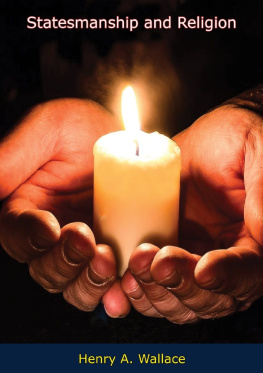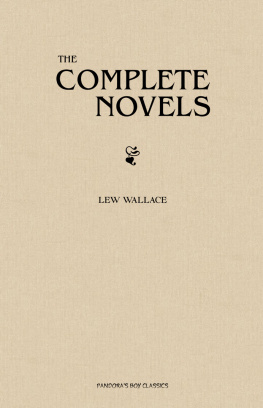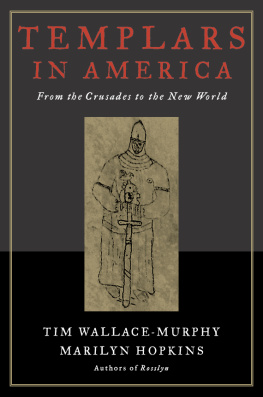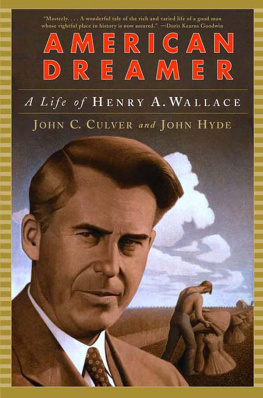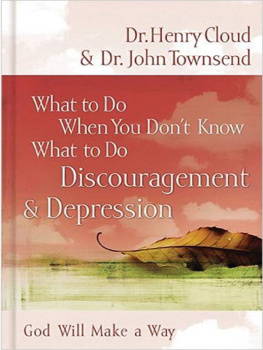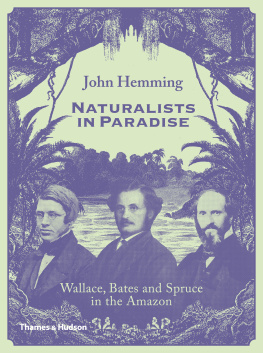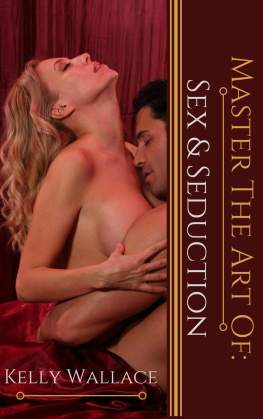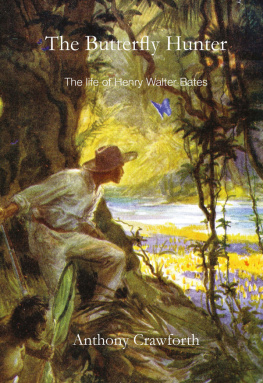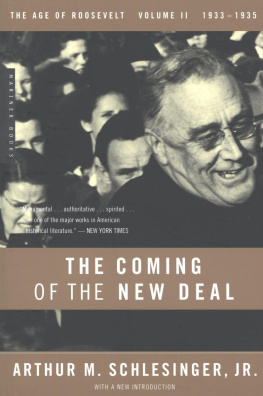Henry A. Wallace - Statesmanship and Religion
Here you can read online Henry A. Wallace - Statesmanship and Religion full text of the book (entire story) in english for free. Download pdf and epub, get meaning, cover and reviews about this ebook. year: 2020, publisher: Burtyrki Books, genre: Religion. Description of the work, (preface) as well as reviews are available. Best literature library LitArk.com created for fans of good reading and offers a wide selection of genres:
Romance novel
Science fiction
Adventure
Detective
Science
History
Home and family
Prose
Art
Politics
Computer
Non-fiction
Religion
Business
Children
Humor
Choose a favorite category and find really read worthwhile books. Enjoy immersion in the world of imagination, feel the emotions of the characters or learn something new for yourself, make an fascinating discovery.
- Book:Statesmanship and Religion
- Author:
- Publisher:Burtyrki Books
- Genre:
- Year:2020
- Rating:4 / 5
- Favourites:Add to favourites
- Your mark:
- 80
- 1
- 2
- 3
- 4
- 5
Statesmanship and Religion: summary, description and annotation
We offer to read an annotation, description, summary or preface (depends on what the author of the book "Statesmanship and Religion" wrote himself). If you haven't found the necessary information about the book — write in the comments, we will try to find it.
Statesmanship and Religion — read online for free the complete book (whole text) full work
Below is the text of the book, divided by pages. System saving the place of the last page read, allows you to conveniently read the book "Statesmanship and Religion" online for free, without having to search again every time where you left off. Put a bookmark, and you can go to the page where you finished reading at any time.
Font size:
Interval:
Bookmark:


Burtyrki Books 2020, all rights reserved. No part of this publication may be reproduced, stored in a retrieval system or transmitted by any means, electrical, mechanical or otherwise without the written permission of the copyright holder.
Publishers Note
Although in most cases we have retained the Authors original spelling and grammar to authentically reproduce the work of the Author and the original intent of such material, some additional notes and clarifications have been added for the modern readers benefit.
We have also made every effort to include all maps and illustrations of the original edition the limitations of formatting do not allow of including larger maps, we will upload as many of these maps as possible.
STATESMANSHIP AND RELIGION
HENRY A. WALLACE
Secretary of Agriculture of the United States
Contents

FOR the past few years we have been going through an economic and social crisis probably as severe as any that our civilization has ever had to face. It has come as a result, in large part, of our failure to learn how to live with abundance. We have conquered great physical obstacles and have taken possession of vast natural resources; we have the manpower, the machine-power, and the technique to convert these resources into a much higher standard of living; yet here we are bogged down for lack of a social machine that will help us distribute, fairly, the fruits of our labor.
The spirit which we employed and which we extolled throughout the expansionist era in our history was the spirit of the pioneer. A proud and rugged individualism carved a nation out of the wilderness. Probably no other spirit would have been so well adapted to the rapid growth of a new nation on a new continent.
Our pioneer forefathers, confronting physical hazards and obstacles which do not exist for us, had need of all the physical and moral stamina they could summon. It is not surprising that they turned so much to the Psalms of David for spiritual meat and drink. The Psalms seemed to typify the rugged individual, fearless, prepared to meet his God face to face.
The pioneers lived in a scarcity economy. The first obligation was to produce enough of the necessaries of life to go around. It meant hard work, discouraging work, often disagreeable and unpleasant work. But because it had to be done, because starvation and deprivation might result if it were not done, men made a virtue of work. If the task was monotonous, the more reason for spurring on the worker with the message that work was a virtue; leisure, anti-social. Likewise, it became always right to save, rarely right to spend. The harder a man worked, and the more he saved, the finer citizen he was rated.
Now I do not speak of this pioneer age and these pioneer virtues disparagingly. But I make a distinction between the pioneer era and our era; and I make a distinction between the attitudes that properly dominate one era, and the attitudes that ought properly to dominate another.
For now, the fifth or sixth generation beyond those old pioneers, we have come to a time of abundance, instead of penury. But, because we have not learned how to live with abundance, men go hungry and ragged. Because our great business institutions saved too strenuously in the fat years, and accumulated huge corporate surpluses at the cost of their workers purchasing power, demand lagged far behind supply, depression came, and men lost their jobs.
Is our spiritual life today awake to the need for social justice, and have we souls rich enough to endure abundance? I do not know. That is the challenge of the Church today.
It is the job of government, as I see it, to devise and develop the social machinery which will work out the implications of the social message of the old prophets and of the Sermon on the Mount; but it remains the opportunity of the Church to fill mens hearts and minds with the spirit and the meaning of those great visions. They have meaning today to an amazing degree, if only we will look about us with eyes clear of prejudice and greed.
I especially hope that many young people from twenty to thirty years of age will read this little book. They have been terribly disillusioned by the depression and are searching for firm foundations. No one can solve the problem completely for them but I am certain that they will find help in spending a little time reading about the vigorous flesh-and-blood men of former ages who strove to find the roots of their depressions in human hearts, the social machinery of the day, the attitude toward God and the relationship between nation and nation.
We are going through today, on a worldwide scale, a situation which many times before has affected smaller segments of the world. The development of the ideas which guide large groups of men is one of the most tremendously fascinating things in the world. I am inclined to think that the trials and tribulations which we are now undergoing will result sometime during the next thirty years in a movement as profoundly significant for future history as the movements described in the first two chapters of this book. The younger people especially are a living part of this drama. They will have the opportunity eventually of entering into the Promised Land. We older people, conditioned by the prejudices growing out of our past, resemble all too closely the Children of Israel who as superstitious, quarrelsome slaves left the flesh-pots of Egypt on the way toward a brighter future.
While I have been thinking along the lines suggested here for a good many years, the immediate occasion for putting down my ideas came when President Albert W. Palmer kindly invited me to deliver the Alden-Tuthill Lectures before the Chicago Theological Seminary this year. These lectures form the substance of the first three chapters of this book. The fourth chapter is the substance of a talk given before the Federal Council of Churches in December, 1933.
HENRY A. WALLACE.
Washington, D.C.
March, 1934.
THE most fascinating thing in all history is the endeavor to discern the metaphysical, the psychological, the spiritual roots of those great movements in human behavior which take centuries to work out in the form of government, methods of transportation, music, literature and all the varied panoply of that which we call civilization.
What we are today traces to an extraordinary degree to certain great spiritual adventures, among which I would list prominently the adventure of the Hebrew prophets and the adventure of the great Reformationists like Luther and Calvin.
The prophets were the first people in recorded history to cry out in a loud clear voice concerning the problems of human justice. The social conflict of the day was strangely modern in many ways. The wandering tribes of Israel had come into the Promised Land and, while they killed off many of the Canaanites, a great many of them were undoubtedly left living.
This puts in contrast two civilizations; differences within each one have been familiar, and more or less taken for granted, but because of the new contrast are themselves sharpened. And so we have one of those situations where for centuries there is a conflict of views as to what is the right, just and proper method of living. Such a conflict, while it leads to great unrest, may also be very fruitful at times. We know how the Normans, settling among the Saxons, eventually produced the Magna Carta and the parliamentary form of government. And so we have the shepherd tribes of Israel settling down among a Canaanite population, accustomed to a monetary civilization. The Canaanites were much more familiar than the Israelites with the ownership of land, the giving of mortgages, the taking of interest, the foreclosure of mortgages and the loss of property and even of freedom. All of these things seemed right and proper in a settled commercial civilization, but they never seemed right to those who had in their immediate background the traditions of wandering tribesmen.
Next pageFont size:
Interval:
Bookmark:
Similar books «Statesmanship and Religion»
Look at similar books to Statesmanship and Religion. We have selected literature similar in name and meaning in the hope of providing readers with more options to find new, interesting, not yet read works.
Discussion, reviews of the book Statesmanship and Religion and just readers' own opinions. Leave your comments, write what you think about the work, its meaning or the main characters. Specify what exactly you liked and what you didn't like, and why you think so.

